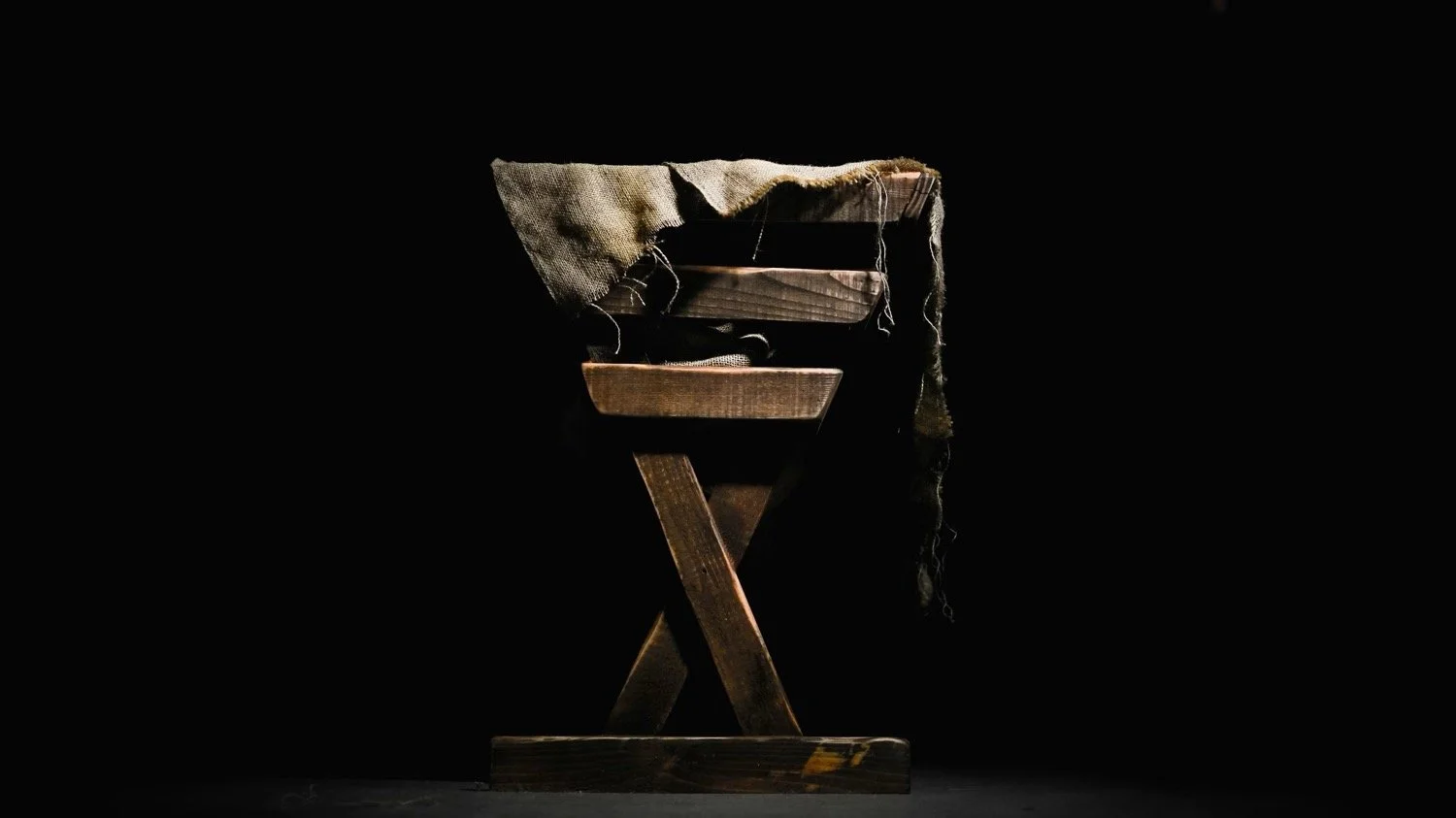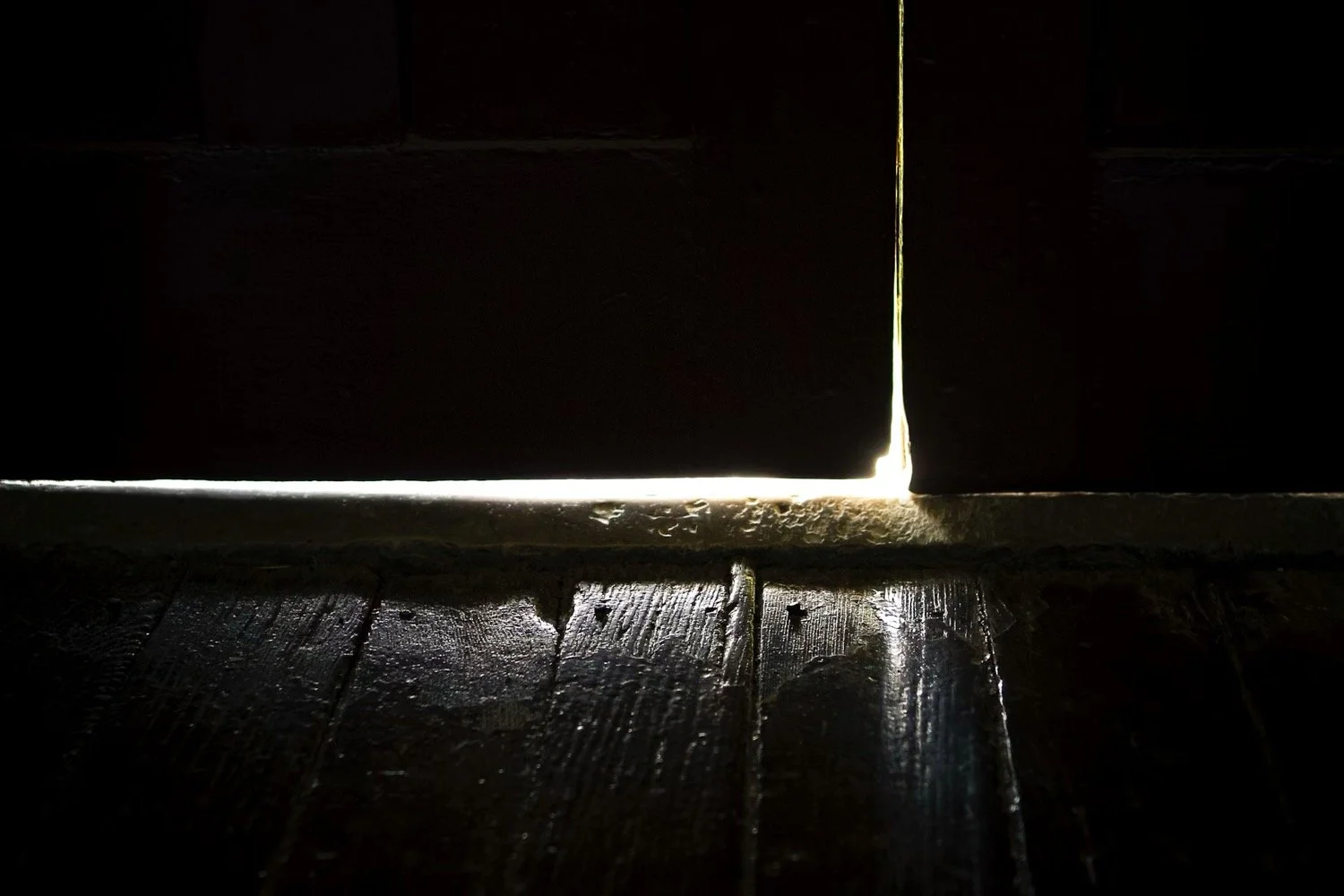Readings for today: Esther 6-10, Psalms 54
One of my favorite movies is titled, “The Power of One.” It details one young man and one young woman’s fight against the evils of apartheid in South Africa. It addresses all kinds of different issues but the main message is the significant power each individual has to stand up for justice and make a difference in the world. Esther is such a person.
Perhaps the most famous line in the book comes in chapter four when Mordecai encourages Esther to take action by saying, “Who knows, perhaps you have come to your royal position for such a time as this.” (Esther 4:14 CSB) It’s an incredibly humbling thought. Esther’s entire life had led her to this moment. God using every decision. God shaping her through every experience. God honoring her courage and faithfulness by placing her in a unique position of influence and power so that she might prevent the genocide of her people. Esther had no idea any of this was happening along the way. She was just living her life. Making daily choices that seemed best to her at the time. She wasn’t born into a life of privilege. She was not part of the royal household growing up. She was just another nameless, faceless Jewish woman until a unique opportunity presented itself and God sovereignly acted on her behalf. Now she is the queen. The most powerful woman in the empire and the second most powerful person. She has overcome Haman, the enemy of her people. She has raised her uncle up to a position of power alongside her. She has influenced the king over and over again and proven to be the power behind the throne. It’s incredible.
And it begs an important question for each and every one of us. What are we doing to follow Esther’s example? What are we doing to stand up for justice in our own time? What are we doing to fight evil on personal as well as systemic levels? Where is God calling us to make a difference in the world? For me, it means working hard to influence those I serve to align their lives with the life of Jesus. It means modeling compassion and kindness and sacrifice for those who are marginalized or less fortunate or suffering or struggling in their life. It could be in the town where I live or on the other side of the world. Over the years, I have fought a running battle against poverty and addiction and abuse and neglect and greed and selfishness. I have fought these battles in coffee shops or at local bars as I encourage and challenge the people I know and love to follow Jesus and I have worked hard to change systems and structures in society so they might become more reflective of God’s Kingdom. It’s not easy but I’ve not even approached the sacrifices of a person like Esther. Her example continues to inspire me to this day and hopefully, she inspires you as well!
Readings for tomorrow: Daniel 1-3, Psalms 55 (No devotionals on Sundays)




